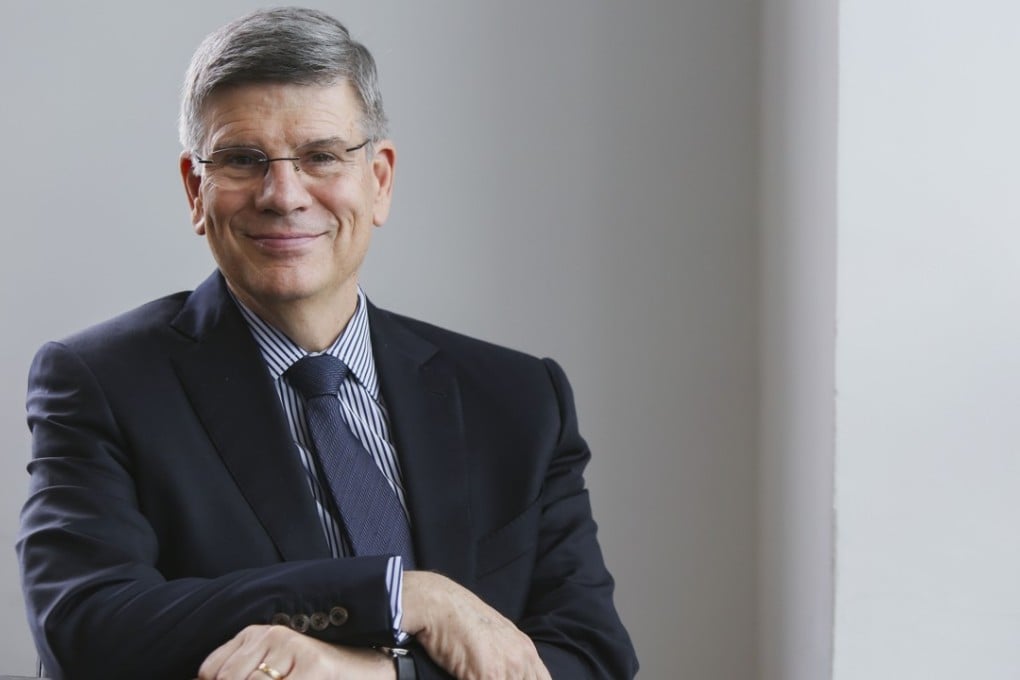Hong Kong independence debate should be fair game on campus, Harvard expert on China says
Professor William Kirby, who sat on a panel studying governance issues at HKU, also says political leaders should not be involved with running universities

Any topic should be up for discussion on university campuses, and that includes Hong Kong independence, a Harvard University professor specialising in China studies says.
But Professor William Kirby, who acted as an adviser to the University of Hong Kong on governance issues earlier this year, added that it would be more productive to talk about how Hong Kong could maintain its autonomy within the “one country, two systems” framework, since the city separating from China was extremely unlikely.
Kirby shared his views on a number of issues including freedom of speech, which has been the subject of clashes between university managements and students in recent months after banners appeared on campuses calling for Hong Kong to break away from Chinese rule.
Rows have flared over whether such materials should be allowed, but Kirby said he believed that within the confines of campuses, everything should be fair game for discussion. That was the case at Harvard, he said, as long as the dialogue was within the boundaries of propriety.
“At a place like Harvard, anyone can invite anybody to give a speech … it’s a mistake to keep people from speaking,” he said.
“We insist that any point of view can be given and of course any point of view can be criticised. However, we do not allow people to incite violence and we insist that the dialogue be civil.”